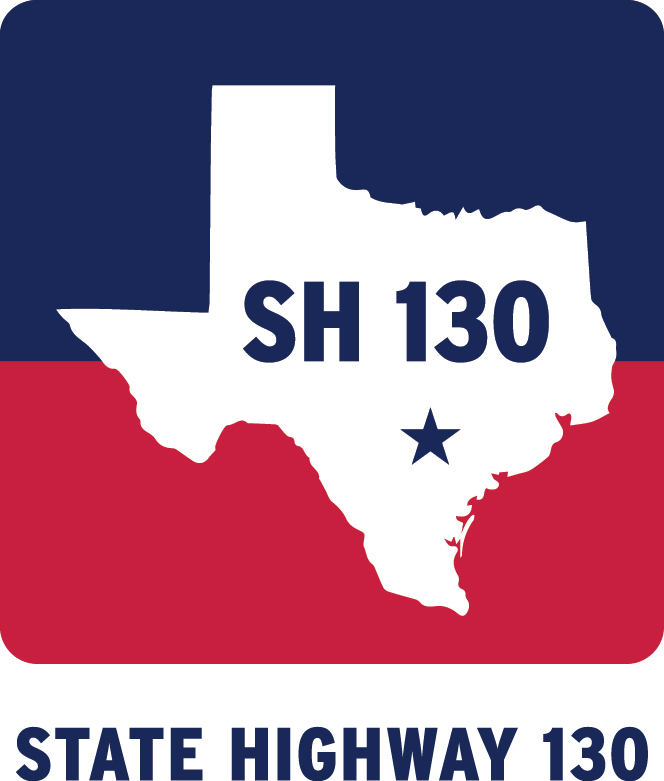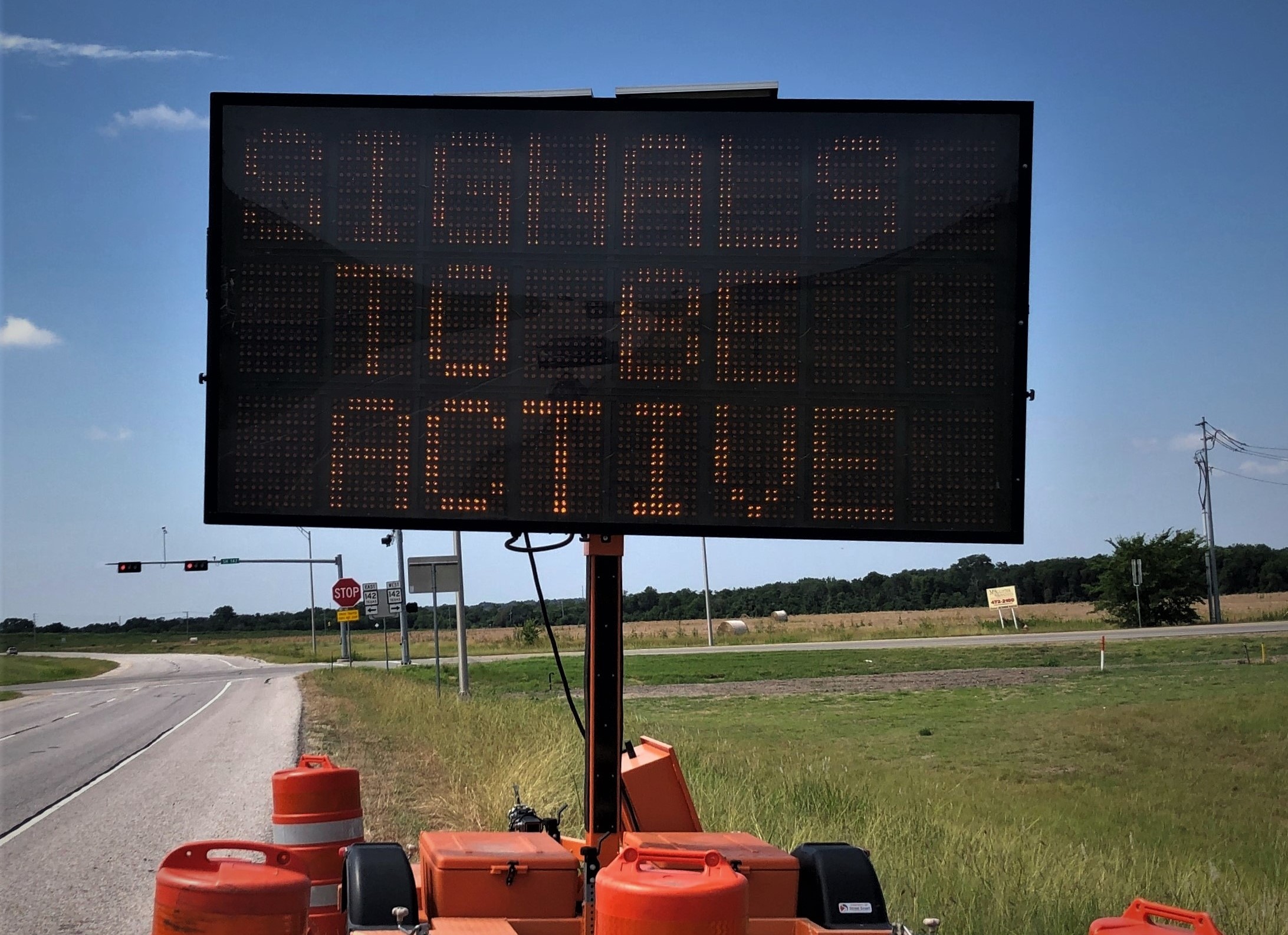Three Ways Transportation Infrastructure Drives Economic Development
Texas’ public road system was at one time the envy of the nation. Early Texas road networks originally followed Native American trails, early explorers’ trails, and Spanish colonial routes that connected the missions and presidios throughout the territory. These trails connected the early settlements of San Antonio, Goliad, Victoria, East Texas and Louisiana while avoiding natural obstacles and staying near food and water. Fast-forward to the Eisenhower administration and the construction of I-35 follows a similar trajectory.
Connecting most of the major cities of Texas, I-35 plays a large role in Texas’ thriving economy. However, congestion in the major cities can be a significant bottleneck. Innovative transportation infrastructure like the SH 130 toll road have provided more options for moving around the Austin-San Antonio region, getting cars and trucks off of I-35 and helping to relieve some of the heavy congestion that I-35 experiences.
Infrastructure plays a critical role in economic development, and recent public and private investment in our region’s transportation network is an important reason we are so competitive for new jobs and investment today. In fact, Fashion Glass & Mirror in Lockhart selected their Central Texas site because of its access to SH 130, saving the company time and ultimately money by putting their drivers on the toll. We only expect this trend of development along SH 130 in our region to continue.
Solid infrastructure provides three key advantages in economic development:
1. Access to Market
Although I-35 connects major markets in Texas and the Americas, severe congestion limits the economic potential of high- density areas. Congestion on major highways is growing by 8 percent per year and is only going to get worse. To combat this issue, Texas has increased public transportation funding by as much as $4.5 billion per year to improve and expand the state’s dynamic transportation network that already includes more miles of public roads (over 313,220) and freight rail (10,425) than any other state. The state is looking to provide alternate routes in and around congested cities to better enable Texans to access economic opportunities and spend less time stuck in traffic. The introduction of SH 130 and SH 45 in Central Texas has achieved these goals and increased the region’s economic competitiveness.
2. Supply Chain
Efficient transportation must be at the forefront of any region’s economic development strategy. In the 2013 Corporate Site Survey, an annual research effort to identify the key factors influencing business site location decisions, 11 of the top 26 site selection factors were related to transportation. From manufacturing to brick and mortar retail to e-commerce, all businesses require an efficient supply chain network to compete and succeed.
3. Labor/Workforce
Ideal transportation development can encourage businesses in related fields to cluster together. This not only increases the productivity and efficiency of those businesses but also facilitates more jobs and encourages workers to live nearby. The San Marcos Region lies perfectly between Austin and San Antonio, accommodating commuters from both directions. This larger pool of workers gives the region a competitive advantage and also drives the need for new transportation investment for residential and commercial purposes.
The Greater San Marcos area has a competitive advantage for new jobs thanks to quick access to I-35, I-10 and SH 130, but transportation infrastructure alone is not enough to make an economy successful. Developable land, necessary utilities and a quality workforce also are required. Thanks in large part to the winning combination of all of the above, the Greater San Marcos area continues to be tremendously attractive to new residents and businesses and will be long-term.

Mike Kamerlander, VP,
Greater San Marcos Partnership

